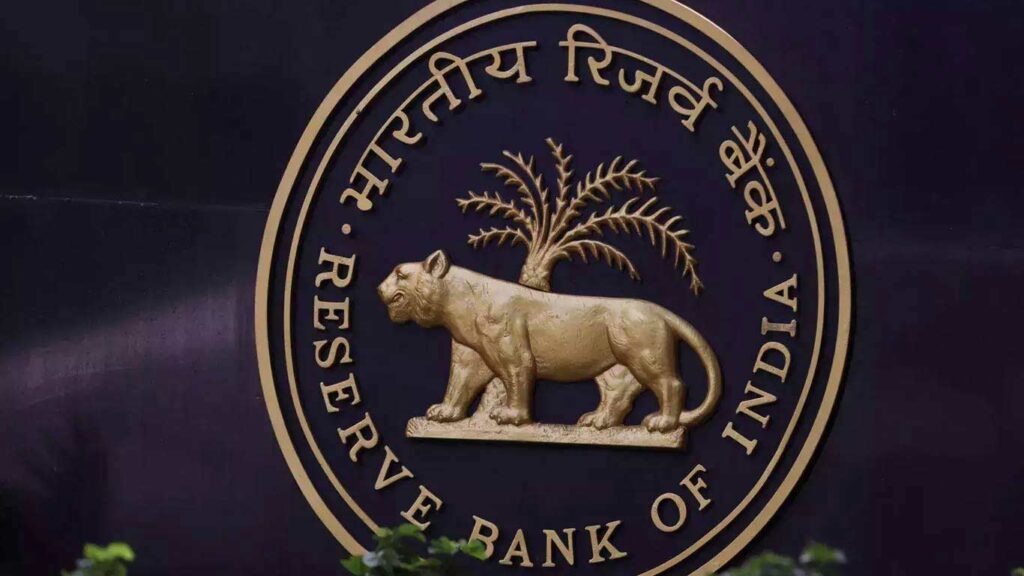New Delhi, Feb 22 (KNN) The Reserve Bank of India (RBI) has issued draft guidelines proposing the removal of foreclosure charges on floating-rate loans for retail and micro, small, and medium enterprise (MSME) borrowers.
The guidelines, released on Friday, also suggest that loans granted for business purposes to individual borrowers should be exempt from prepayment penalties.
The proposed changes aim to provide greater financial flexibility, allowing borrowers to switch to lenders offering better terms without incurring additional costs.
Currently, retail borrowers face prepayment penalties of 4-5 per cent on the outstanding principal for personal loans.
The RBI’s draft circular states that all regulated entities (REs), except Tier 1 and 2 primary (urban) cooperative banks and base layer non-banking financial companies (NBFCs), shall not impose charges or penalties for the foreclosure or prepayment of floating-rate loans taken by individuals and MSME borrowers, with or without co-obligants, for business purposes.
Lenders often use prepayment penalties to discourage borrowers from switching institutions, as these charges help compensate for lost interest income.
Under the proposed norms, MSME borrowers will benefit from these provisions up to an aggregate sanctioned loan limit of ₹7.50 crore per borrower. This move is expected to support small businesses by reducing their financial burden, improving cash flow, and enabling reinvestment into business expansion.
For MSME owners, the waiver presents an opportunity to strengthen financial stability and plan for long-term growth. A report by IIFL Finance highlights that eliminating such penalties will provide a major financial advantage, ensuring that small businesses are not penalized for early loan repayment.
The draft guidelines also state that regulated entities should permit loan prepayment without enforcing a minimum lock-in period.
The RBI has invited comments and feedback from stakeholders and the public on the draft circular until March 21. The central bank noted that supervisory reviews have revealed inconsistent practices among regulated entities regarding foreclosure charges on MSME loans, leading to customer grievances and disputes.
Some lenders have also included restrictive clauses in loan agreements to deter borrowers from switching to competitors offering lower interest rates or better terms.
As per the draft guidelines, RBI-regulated lenders will not be allowed to impose retrospective charges at the time of loan prepayment if those charges were previously waived or not disclosed to borrowers in advance. This measure seeks to ensure transparency and fair lending practices across the financial sector.
(KNN Bureau)


















